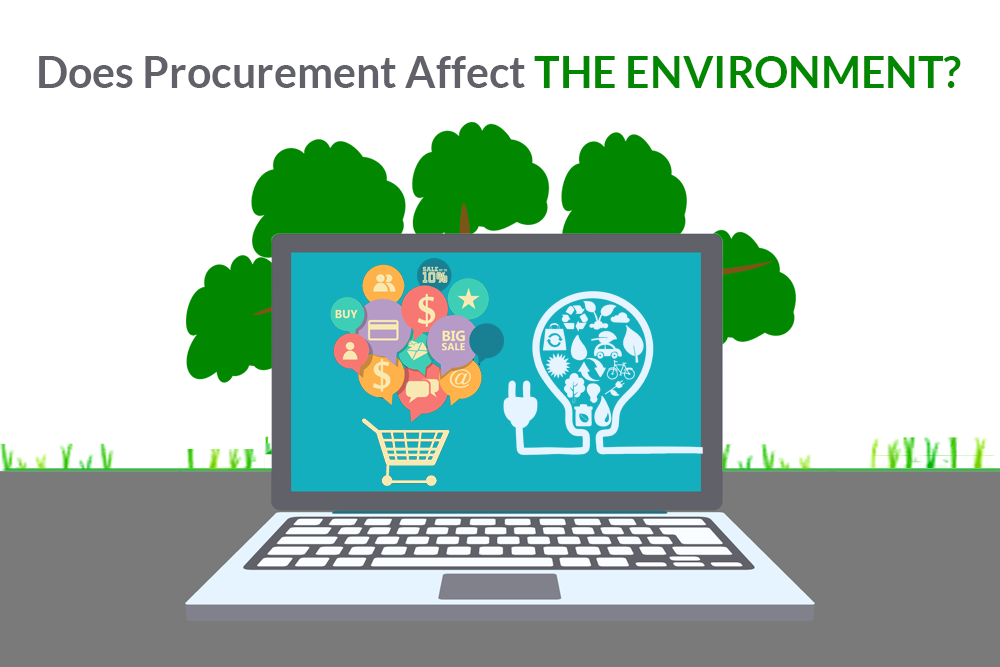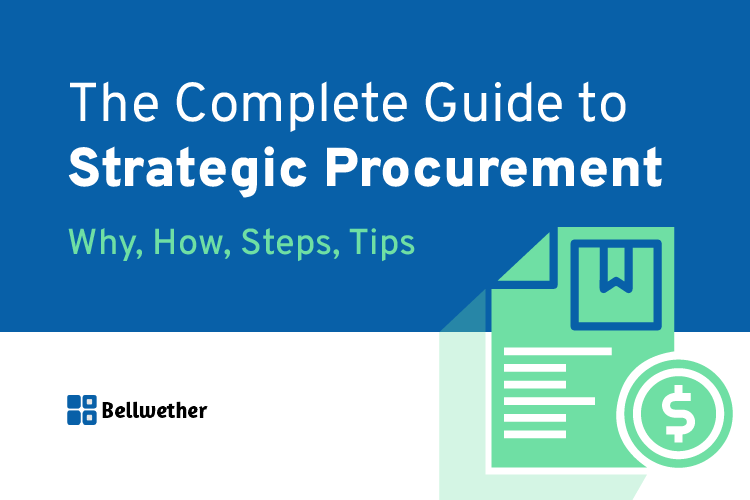There are multiple layers and angles to every aspect of business and the procurement industry is no different in this respect. One thing that is becoming increasingly important is the environmental aspect of purchasing and procurement. On the surface and at its core, procurement is referred to as the purchasing of services and other essential goods for business purpose. Generally, a special department is set up within the business or the individual who owns a business handles all the sourcing or buying of business goods or services. However, sourcing of goods and services for business purpose affects many different areas including the environment.
As a matter of fact, procurement includes small as well as large scaled projects and hence, it affects our environment at varying levels. This is one of the major reasons that many companies are looking for sustainability. As a responsible business owner, you can make the right use of green sourcing strategy and set up the business climate according to the necessary environmental standards. Many studies have shown that purchasing of goods and services for business use puts our environment under a particular scrutiny. However, one does not have to take precedence at the expense of the other: you can put have efficient buying practices while also helping to support the environment. Below are listed some excellent guidelines that can help you in saving money on goods and services and it will also boost the environmental profile of your company.
- If any of your systems are not upgraded, you can work on them and make them eco-efficient. Old paper-based systems are both inefficient and negatively impact the environment through the use of paper. Older software systems requiring dedicated servers, special storage rooms, and extra air conditioning can consume excessive energy and also negatively impact the environment. Upgrading to cloud-based software can be both cost effective and environmentally friendly.
- Consider the goods and services consumed by your business. Investing in a sustainable supply chain can be beneficial if done right.
- Finding ways to recycle through your own business activities and supplies can save money through the repurposing of certain goods, selling waste materials to be used by other businesses, and of course can reduce your footprint in the environment.
- Screening your suppliers is another important aspect. Research your suppliers to determine what environmental impact they make on the world. This will make your business more accountable and help you in measuring the performance of your business through balanced scorecards.







